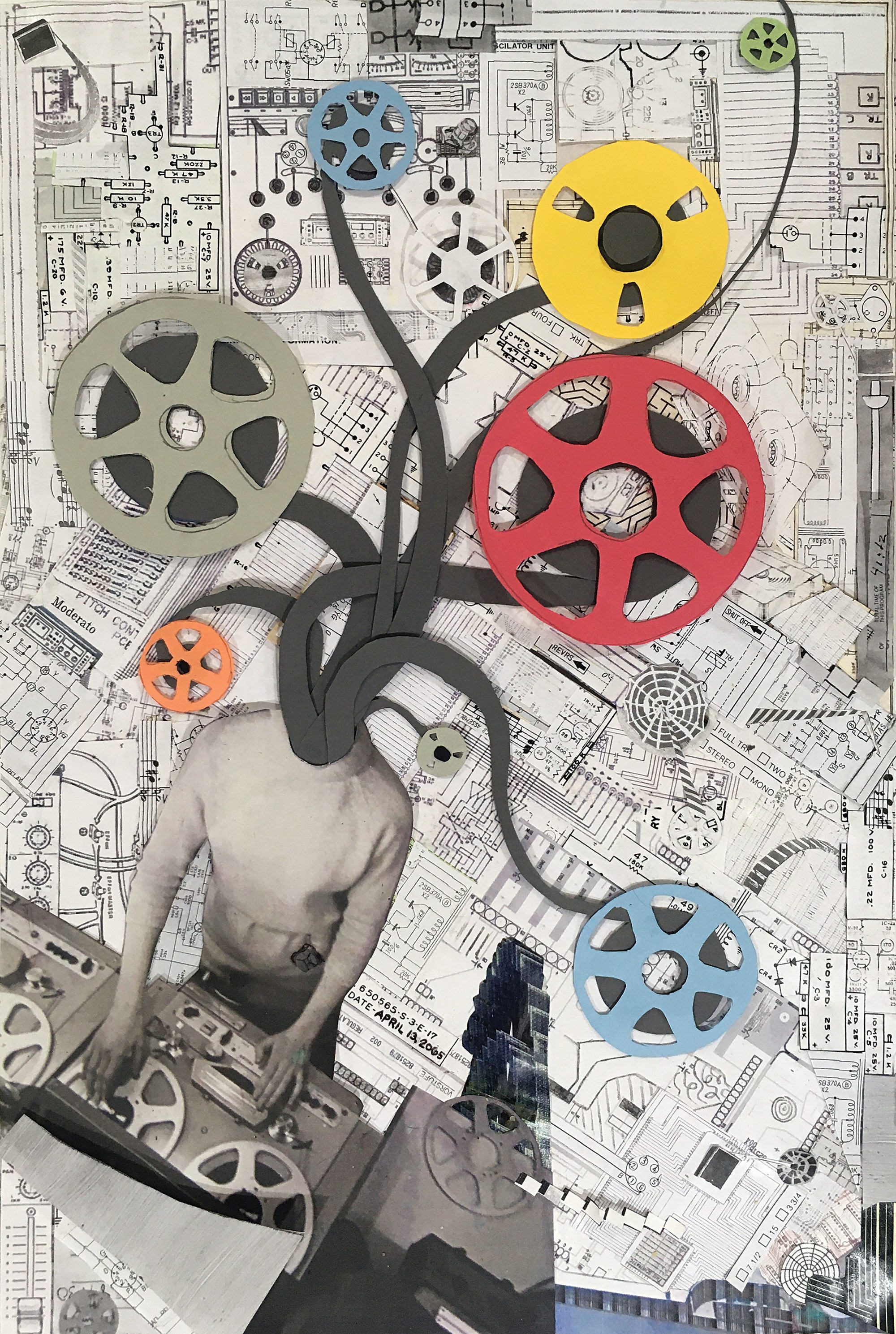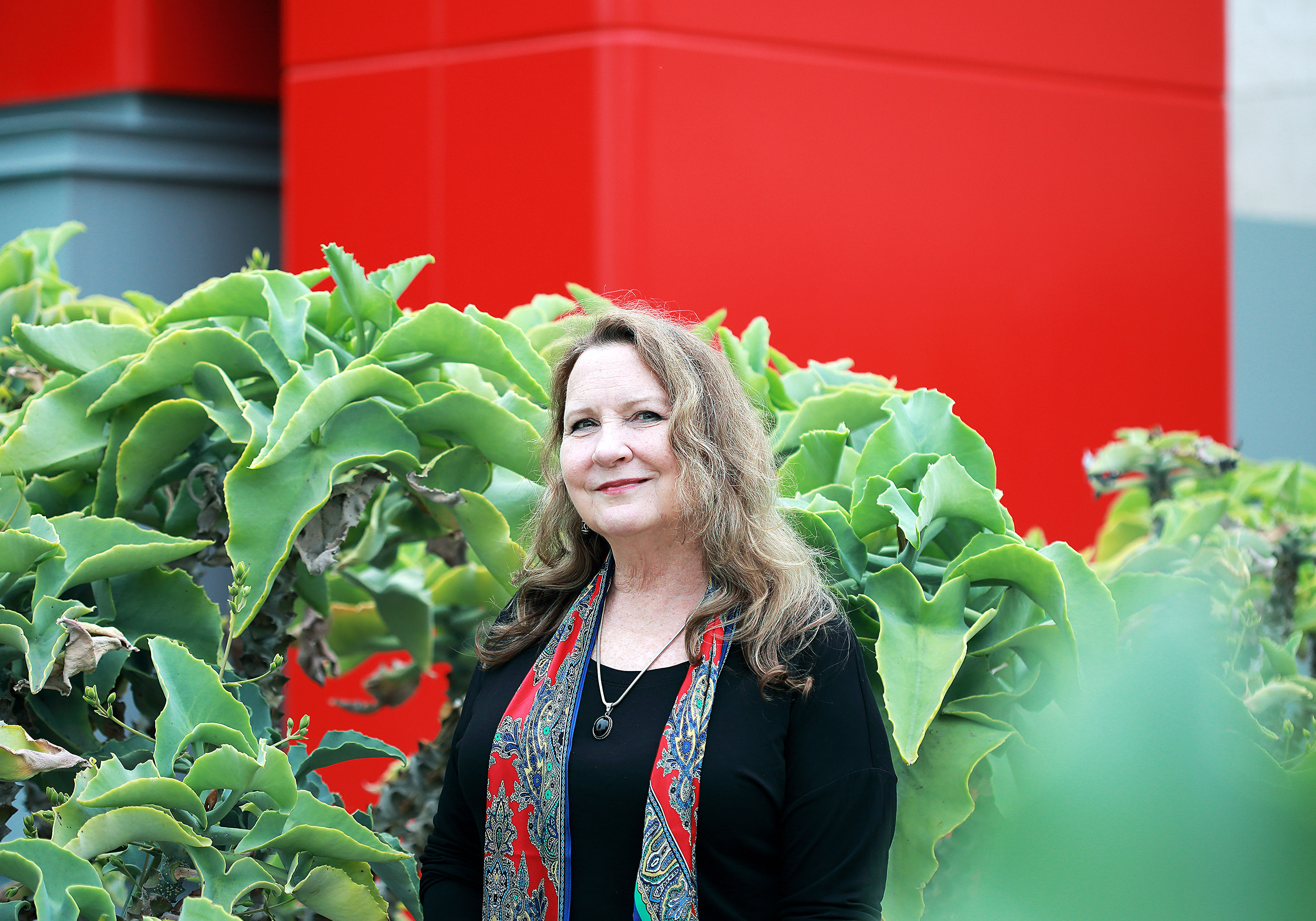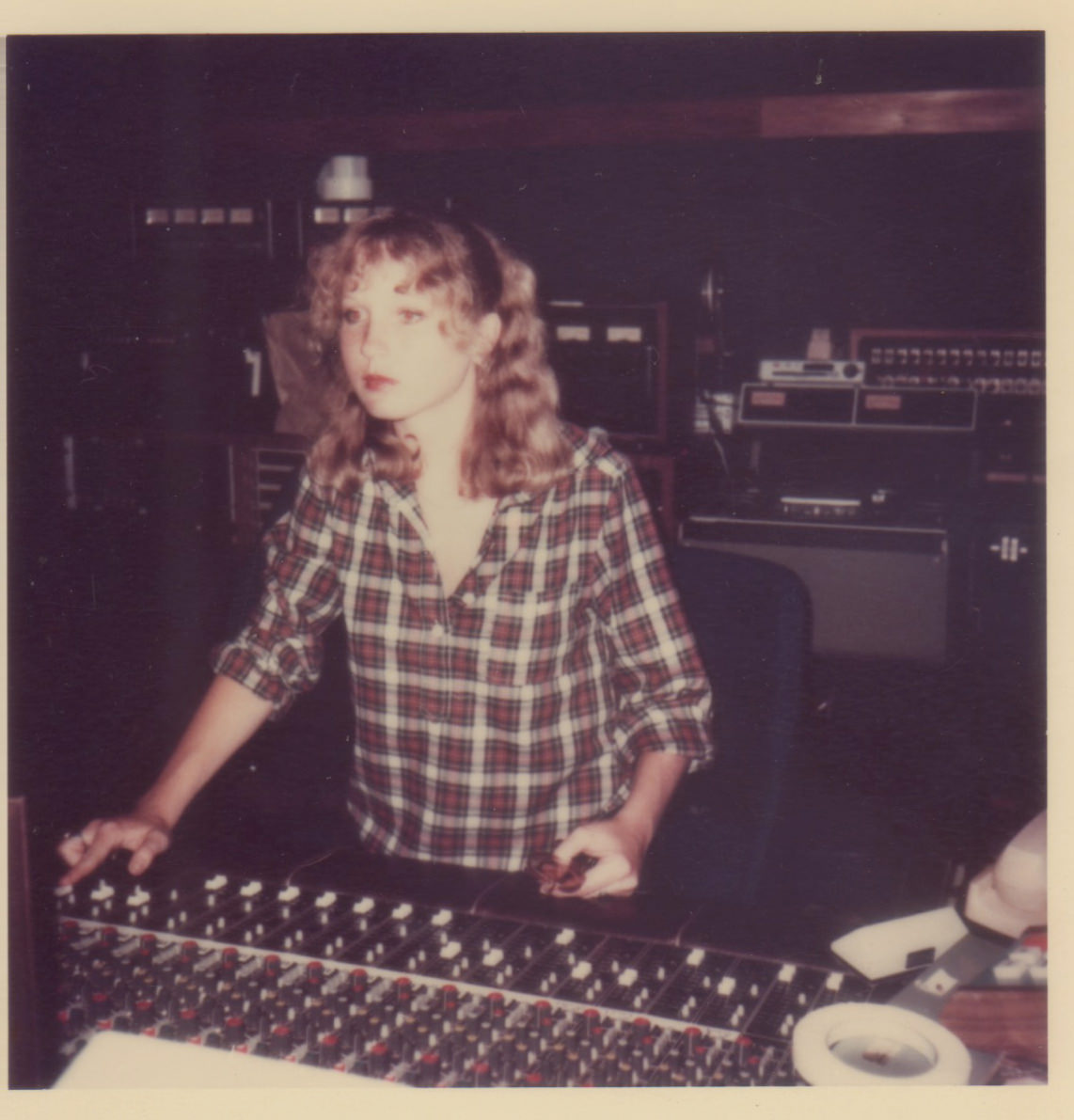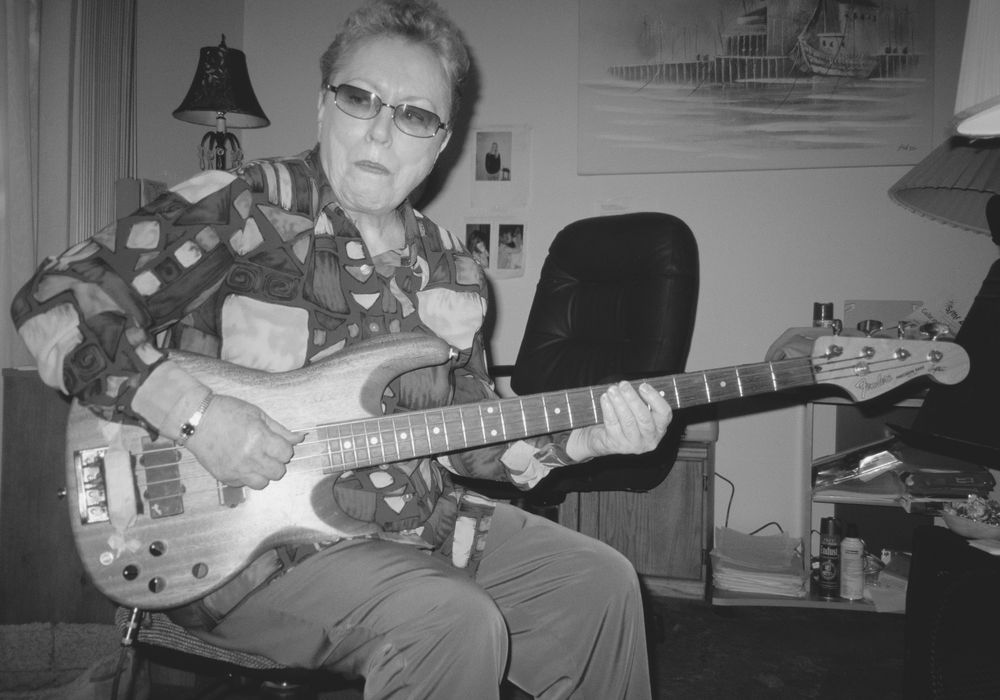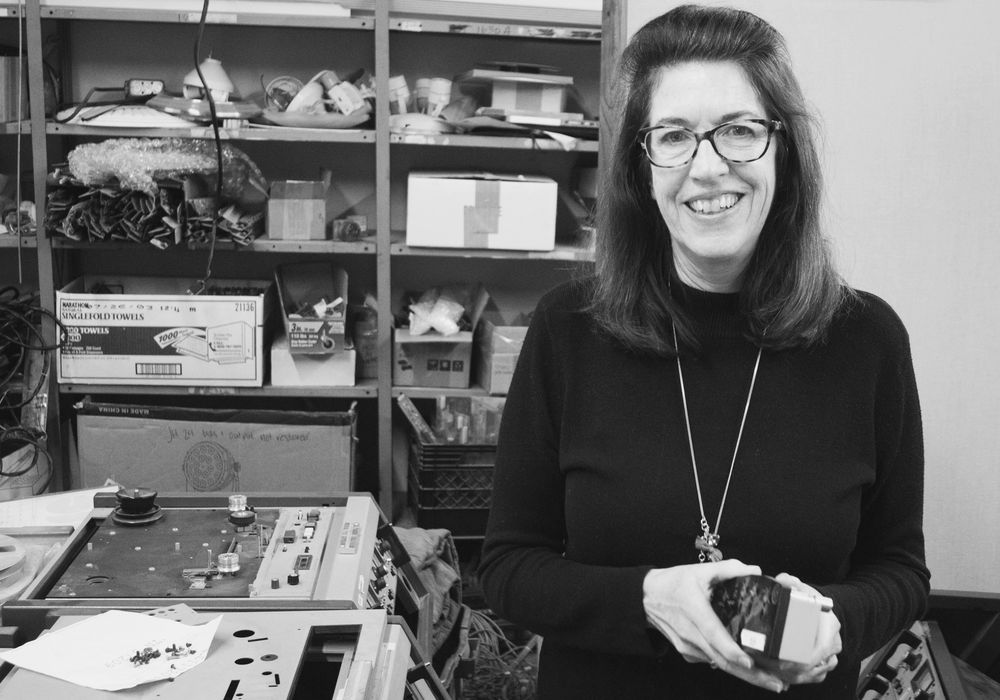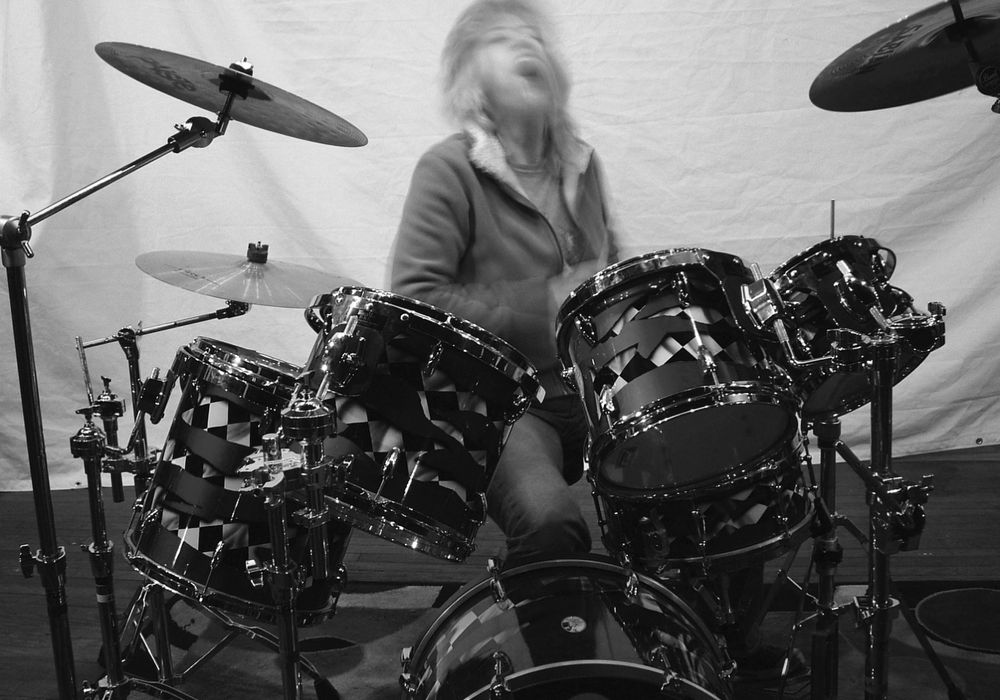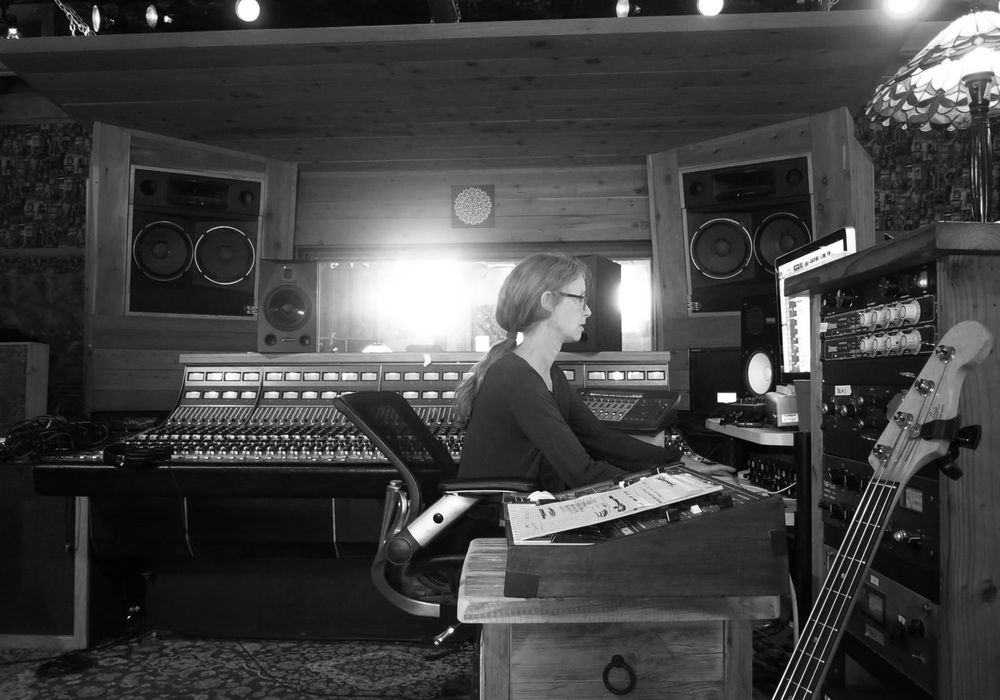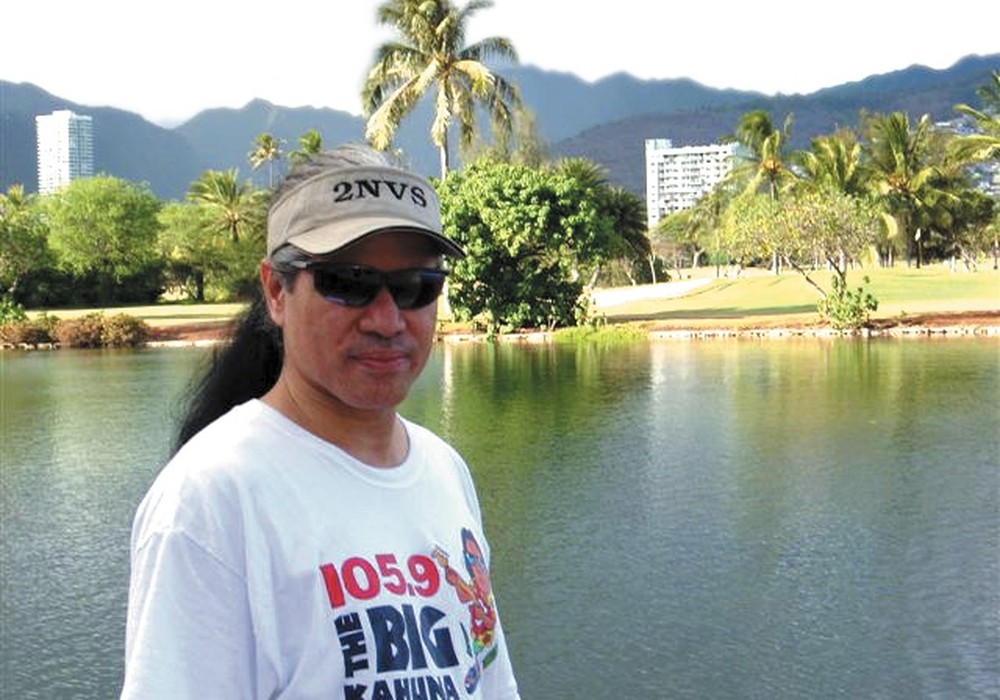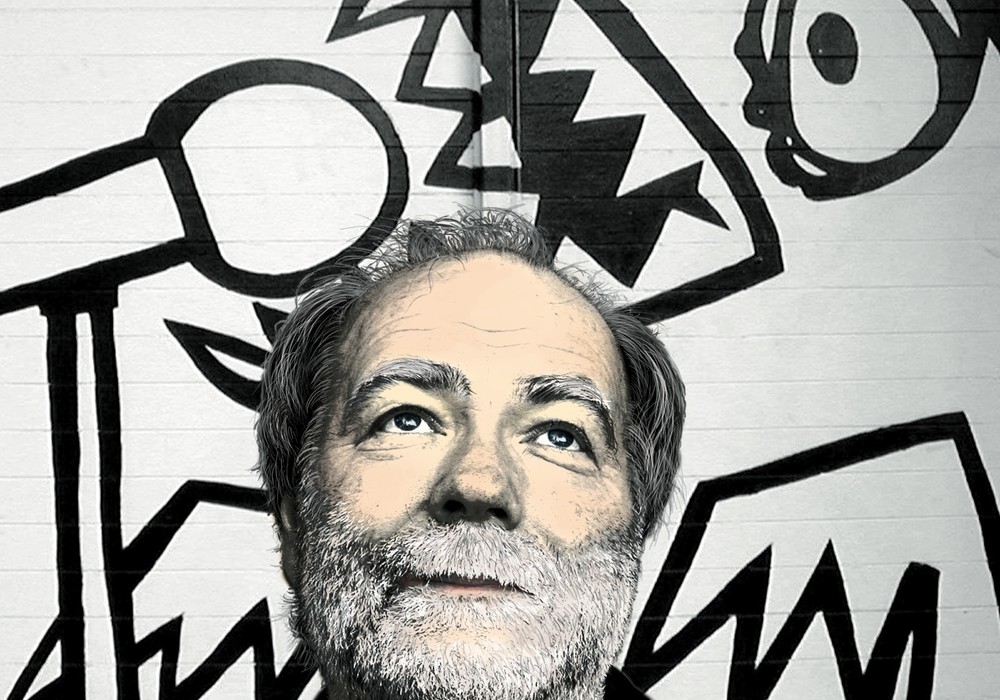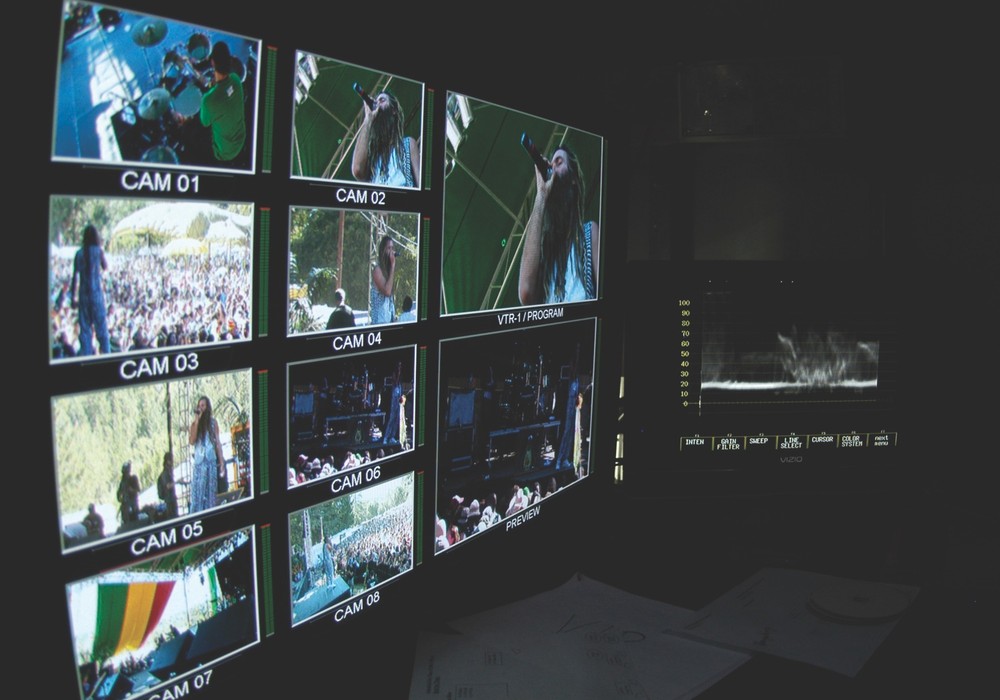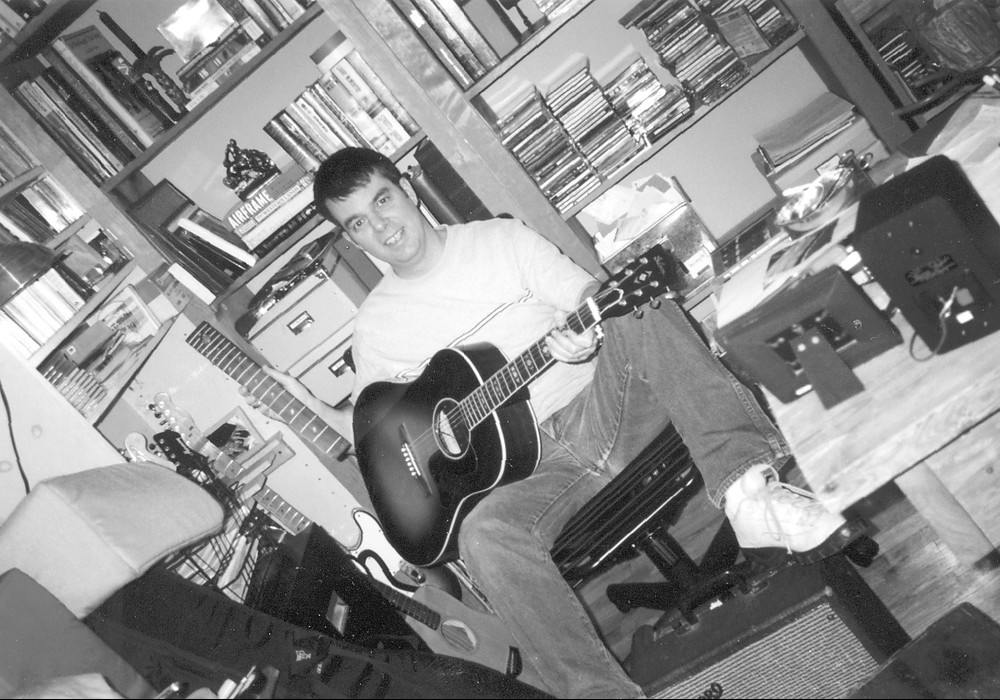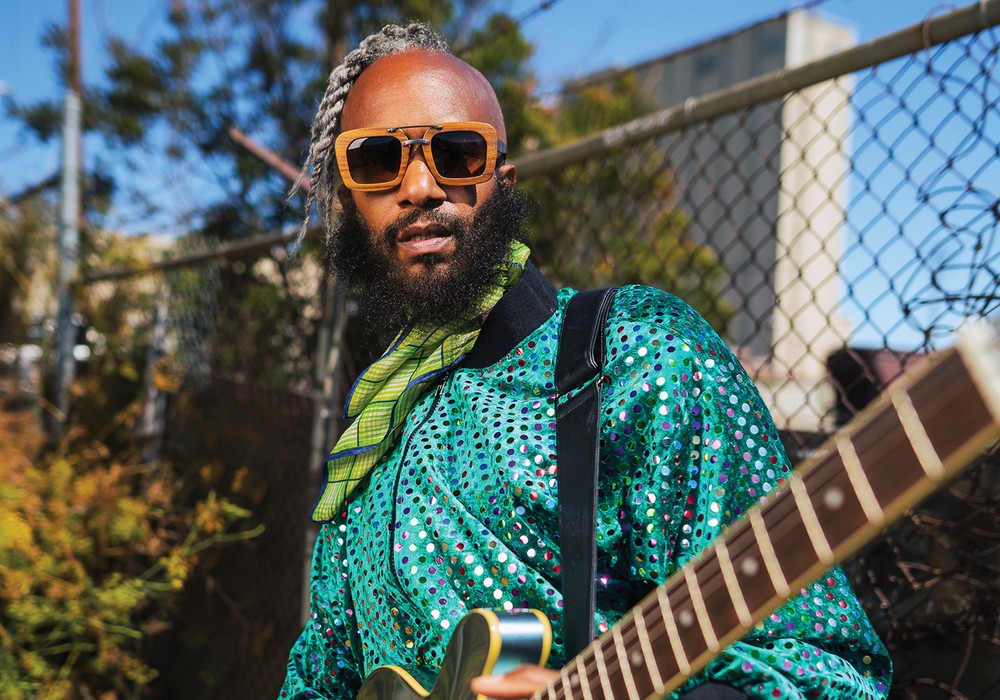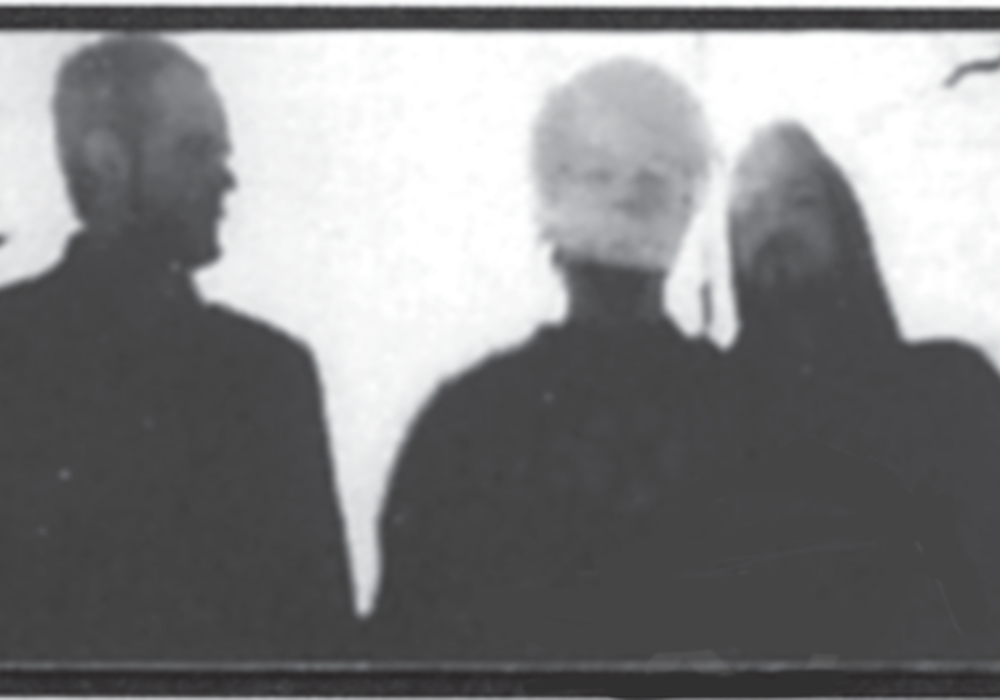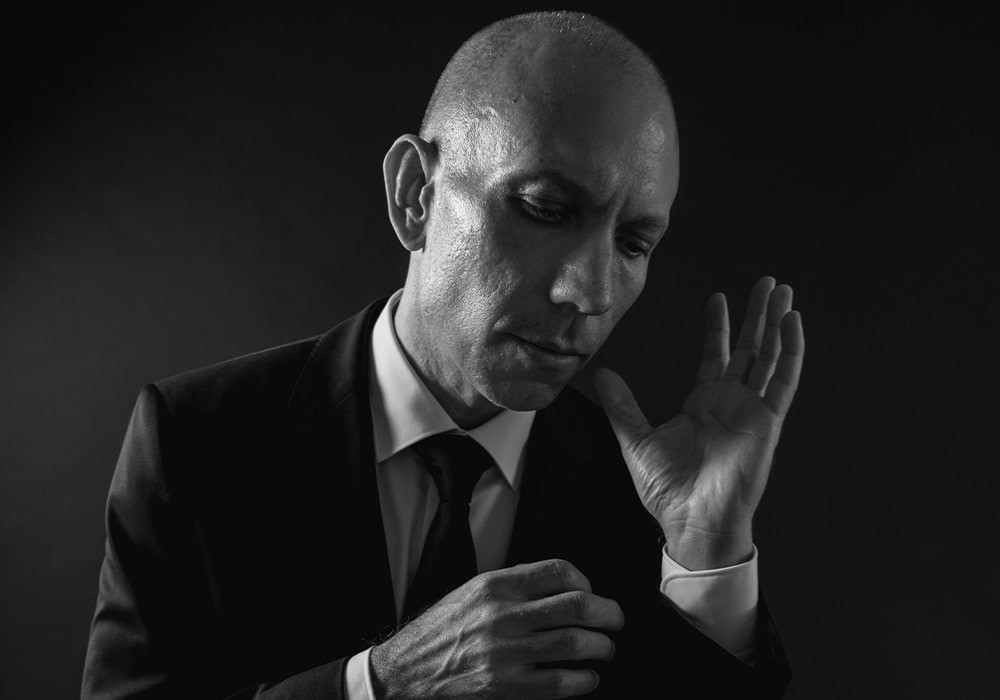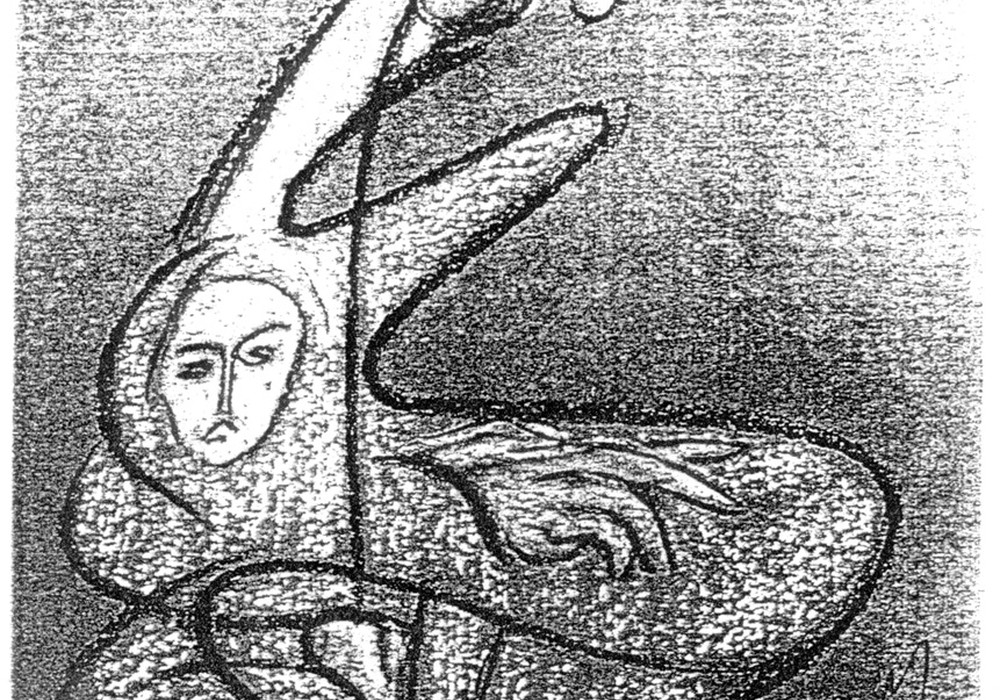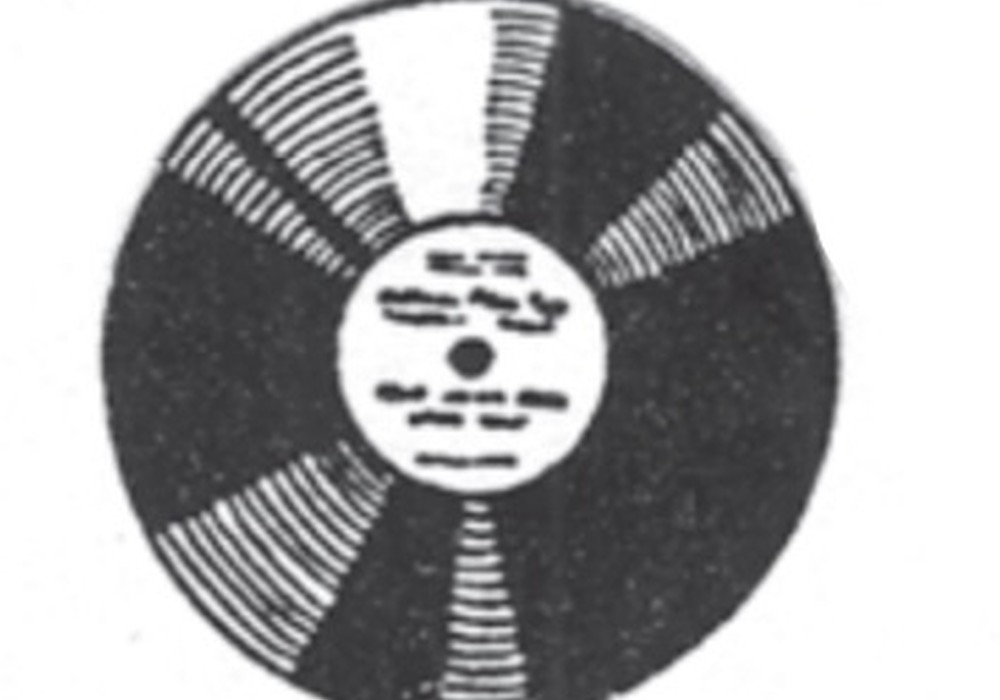With over four decades of experience, Lenise Bent has worked in almost every field of audio engineering, from studio recordings, to post-production, to film sound and foley. Lenise chats with Lisa Machac, of Omni Sound Project, to talk about her career, plans for the future, and favorite albums.
You studied audio engineering in school, and you also came at it as a musician in the ‘70s. How did you hear of that degree plan?
I grew up in Compton. My family was musical. My oldest brother worked in an electronics store and he’d bring home gear to repair. At the age of three, I was already enjoying the comforting smells of vacuum tubes firing up. Somehow those are the things I resonated with. It’s a lot to do with nature and nurture. My environment was supportive of that, even though I had no idea growing up if audio engineering was a thing one could do. Also, I was kind of wired for this; I think all of us are born to do something uniquely our own. As we discover what that thing is, and as you look back on your past and see what led up to it, then suddenly it comes into focus. I started in the television and film business as a kid extra at the age of eight. My brother and I were already working in the industry when we were eight years old, as the background kids. I was more fascinated with the process and the production – filming and the whole bit – as opposed to the acting. The acting was fun, but it wasn’t fascinating.
You enjoyed being behind the scenes and seeing how it works?
Yes. The cameramen and boom operators would let me hang out with them. As it was being set up, they would explain to me what was going on. They’d say, “Okay, cue the kids,” and I’d have to say, “Oh shoot, I gotta leave. Can I come back?” That directed me towards studying film in high school, which we could do back then. Also, my boyfriend was in a band, and his guitar player had become a recording engineer for one of the famous performers and members of the Wrecking Crew, a session player and producer named Leon Russell. He’d written many famous songs, and he was quite popular at that time. I was very excited when Roger [Linn] invited me to come to Leon’s home studio, which nobody had back then because the technology was such that it took up a lot of real estate. It was very expensive, and it was a huge commitment. He was making great records there, working with all sorts of wonderful people. I hot-tailed it over there after school that day. I’d never been in a recording studio before. I rang the doorbell, and Leon answered, which was enormous. I assumed his staff would answer. He said, “Oh, you must be Roger’s friend. Come on in!” I walked in and I heard all this great music going. After I almost fainted from seeing Leon, I heard 21 voices of background singing, and I looked to my right – where a dining room was supposed to be – that was this control room. I went in, and Roger was sitting at a console with monitors, outboard gear, and a Stephens [Electronics] 40-track tape machine. These voices were singing, and it was like the angels! I had my epiphany. I said, “I know now what it is that I’m supposed to be doing. Roger, show me how to work this.” The next day I dropped out of university film school and scoured the yellow pages to find a recording school, because they did not exist. It was very rare back then. I found this one at Sherwood Oaks Experimental College. It was mostly a lecture situation, but I signed up that same day and then went home and told my parents what I’d done. Fortunately, I had their support.
After you went to the audio engineering school, how did you make inroads with Village Recorders?
There were a lot of recording studios back in the ‘70s. I knew that I wanted to work in the best place, with the best producers, the best engineers, and the best gear with the best musicians and the best...
